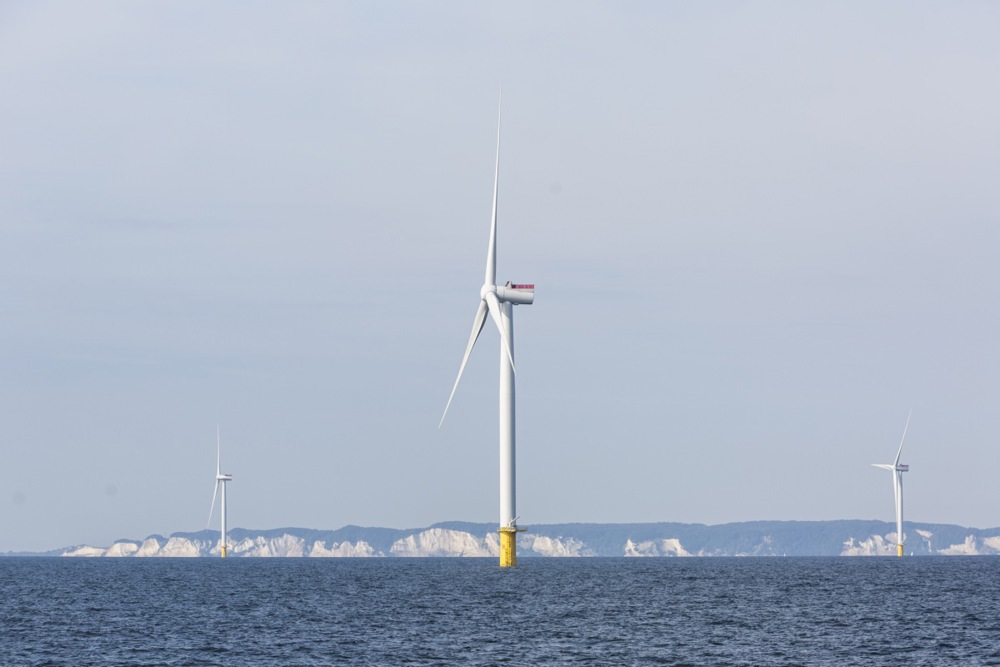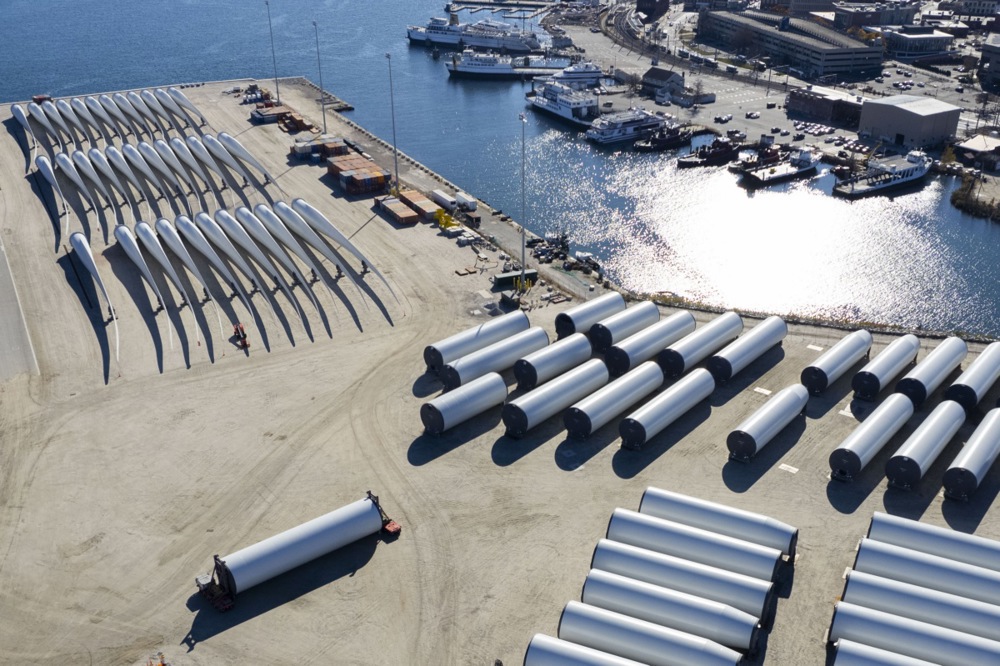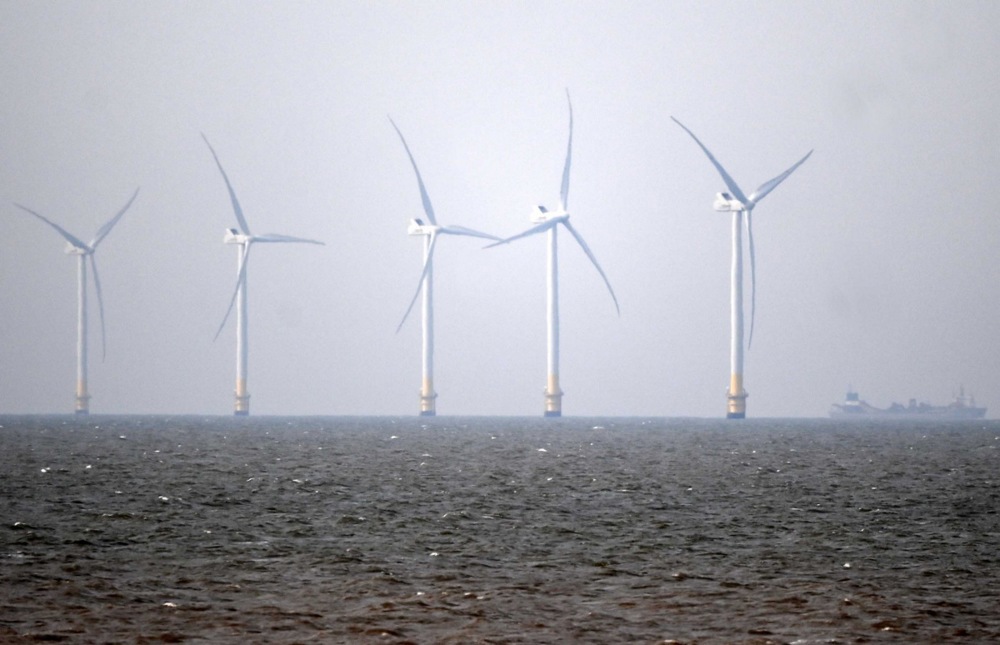A Swedish court on May 21 revoked a permit for a large offshore wind farm project, citing environmental reasons.
The Land and Environment Court at Nacka District Court revoked a Natura 2000 permit which would have allowed the construction of the Aurora offshore wind farm, a sizeable 5.5 GW project planned by developers OX2 and Ingka Investments.
The decision left the project’s future in doubt, pending a possible appeal or a revised environmental assessment. Natura 2000 is the European Union’s network of protected nature areas; the permit allows construction within one of them.
The County Administrative Board of Gotland initially granted the permit in April 2024. The permit was a critical component of the approval process under the EU’s Habitats and Birds Directives.
The court’s decision has halted the project though pending further legal or environmental review.
Madeleine Staaf Kura, an advisor on wind power and human rights, told Brussels Signal the ruling proved “that even the most powerful developers and law firms cannot override environmental law when civil society stands firm”.
She said it was “a win for nature – and for democracy”.
“The court confirmed what we’ve known all along: rushed environmental assessments and political pressure cannot replace scientific evidence and legal due process”, she said.
She added the ruling “sets a precedent for all of Europe. If we lose Natura 2000, we lose the foundation of Europe’s environmental protection.”
Aurora was planned to include up to 370 turbines, each up to 370 metres tall.
It would generate 24 terawatt-hours of electricity annually, enough to supply five million households and reduce carbon dioxide emissions by an estimated 14 million tonnes per year.
In May 2024, the Board recommended the Swedish government grant further approval to the project under the Act on Sweden’s Exclusive Economic Zone.
The recent court ruling followed an appeal submitted by three non-profit environmental organisations: Gotlands Ornitologiska Förening (Gotland Ornithological Society BirdLife), Motvind Sverige, and Naturskyddsföreningen (Swedish Society for Nature Conservation Gotland).
These organisations cited grave concerns about the potential environmental impact of the project on protected species and habitats in designated Natura 2000 areas.
In response, the court ruled the Environmental Impact Assessment submitted for the project was insufficient.
Specific concerns the groups noted included inadequate assessments of potential effects on species such as the harbour porpoise, common murre, and razorbill, as well as a sharply limited analysis of the proposed submarine cable routes and their ecological impact.
The ruling also referenced the exclusion of certain Natura 2000 areas from the assessment, such as Stora and Lilla Karlsö, despite the potential for significant environmental consequences.
OX2 had proposed remedial biodiversity-related measures, including turbine foundations designed as artificial reefs and initiatives like large-scale mussel farming to help reduce eutrophication, which is excessive richness of nutrients in water.
Despite these proposals, the court found the documentation the builders presented was incomplete and too abstract.
The ruling did not identify formal errors in the County Administrative Board’s handling of the case, but concluded a precautionary principle under Swedish environmental law had not been sufficiently exercised.
The Aurora wind farm was to have been located in the Baltic Sea, 22 kilometres south of Gotland and 30 kilometres east of Öland, outside Swedish territorial boarder but within the Swedish Exclusive Economic Zone.
Ørsted, the world’s biggest offshore wind-farm developer, has decided to drop a major offshore project in the UK, saying it lacked economic sense. https://t.co/USm6JoDKe8
— Brussels Signal (@brusselssignal) May 7, 2025
Måns Hjernquist, chairman of BirdLife Gotland, told Brussels Signal OX2 had applied for a Natura-2000 permit from only one area, Hoburgsbank and Midsjöbankarna, and claimed no further permits were necessary.
“We argued that such a permit could not be given as the negative effects on marine species would be extensive, but also that they needed to apply for similar permits for the Natura-2000 areas Stora Karlsö and Lilla Karlsö,” said Hjernquist.
“On these islands, auks breed and use the project area as feeding grounds. The auks are not listed as prioritised species to be protected, but the bird cliffs are listed as prioritised, as they constitute the only bird cliffs with nesting auks in Sweden,” he added.
The Swedish government rejected the application for a Natura 2000 permit for Hoburgsbank and Midsjöbankarna, citing national defence reasons. A future government could change that decision.
“If we hadn’t engaged in this permission process and conducted field studies of our own, OX2 own studies would have been the only basis for the decision, as the Swedish government lacks any knowledge regarding how birds are using offshore environments,” said Hjernquist.
“This is a major weakness in the permit process, as the environmental courts or the government must rely on companies’ knowledge and what they conclude. We conducted these studies using volunteers and without any governmental or other financial backing. It is a Goliath versus David struggle for local ornithologists to take on multi-million-dollar companies with an agenda to get permits at any cost”, Hjernquist said.
“The rulings of the Land and Environment Court are a testament to us that our non-profit work gives results in protecting nature,” he said.
“Sadly, it also shows that the system is broken and that many permits in offshore environments probably never have been properly examined and rely solely on a submission by one party,” he said.
“A party that also has financial interests in getting a permit,” Hjernquist noted.





